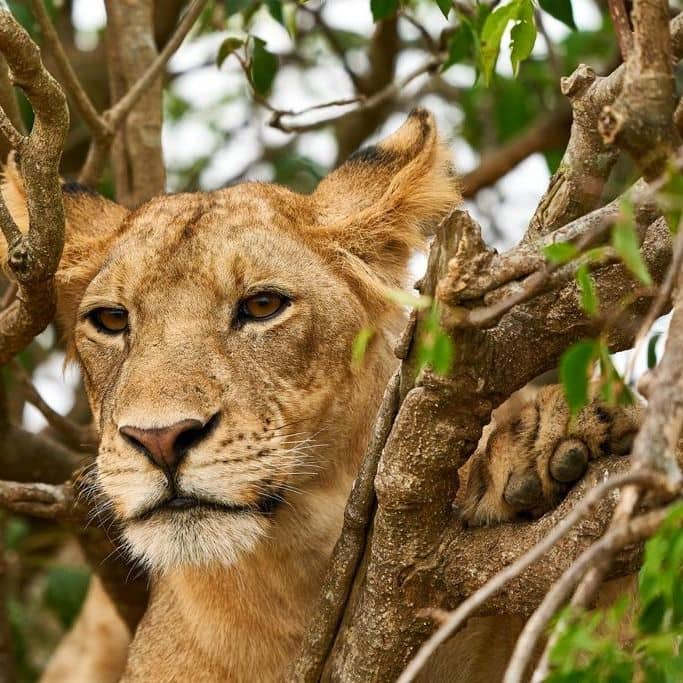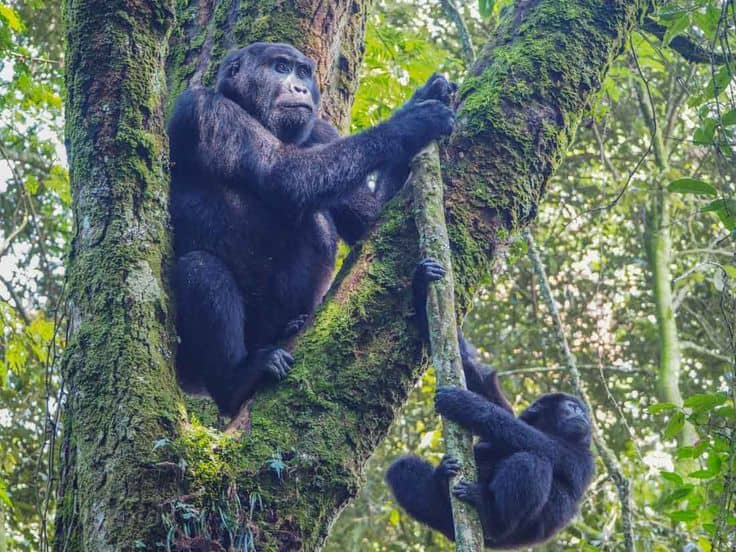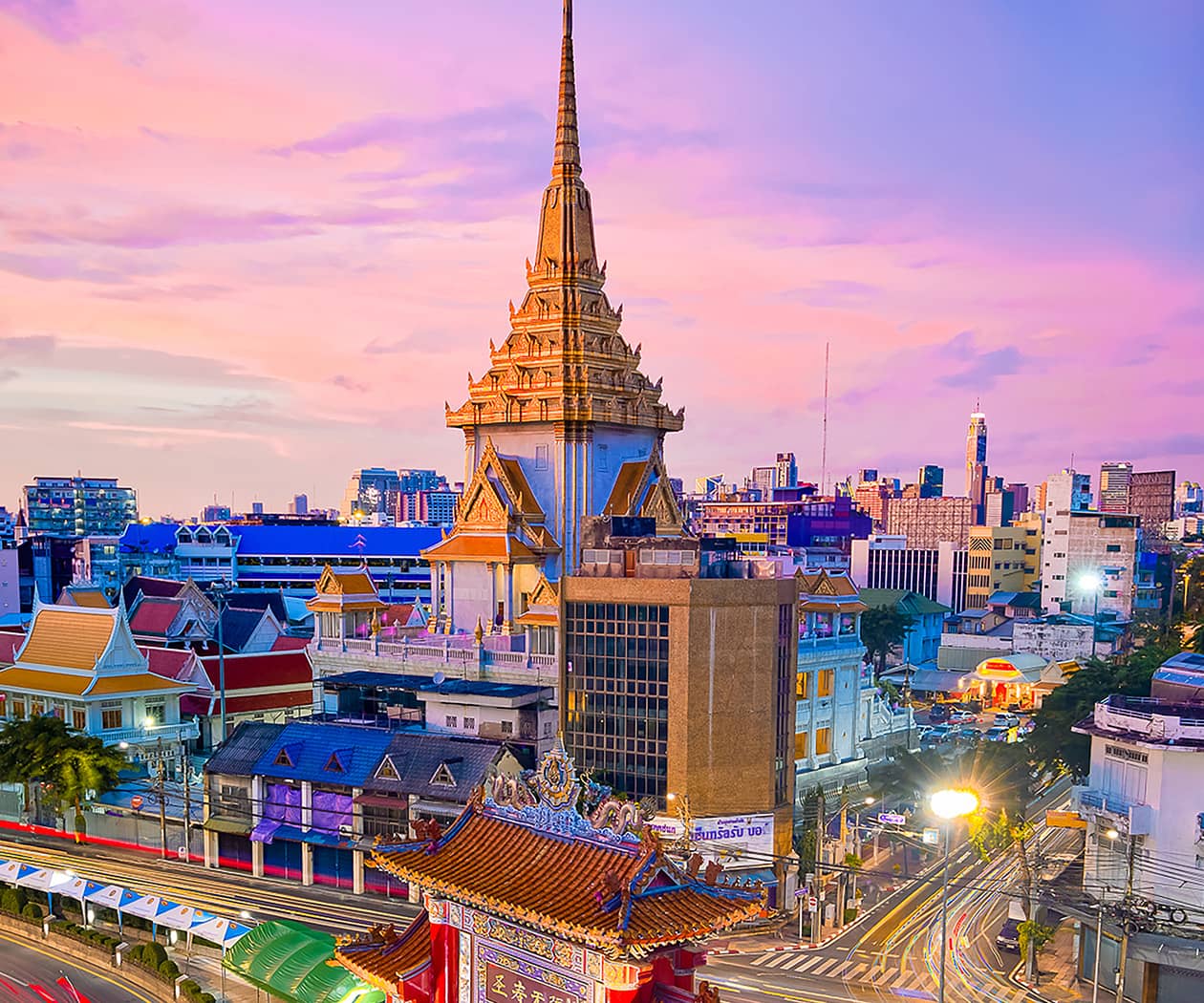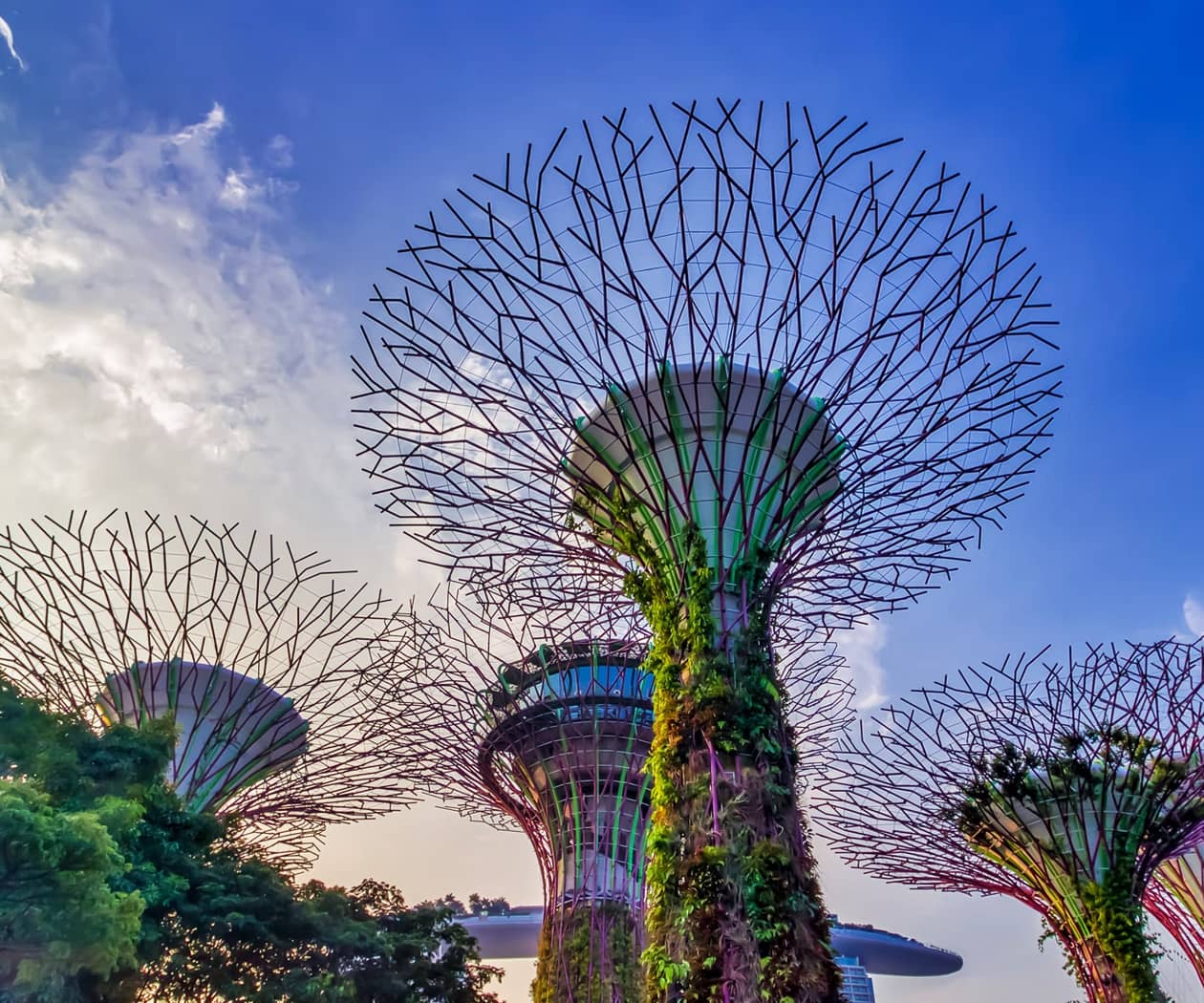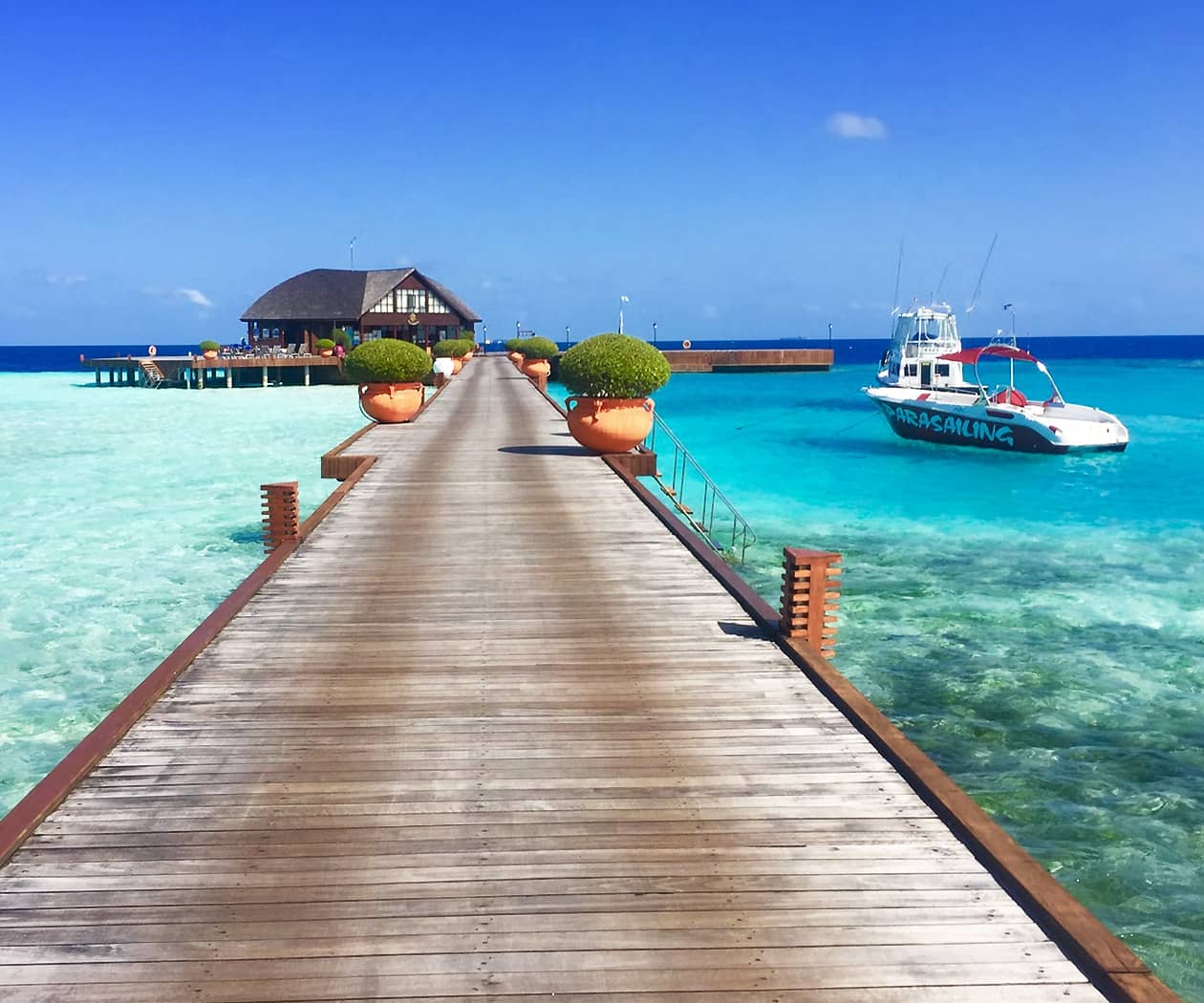Health Requirements for Gorilla Trekking Safaris
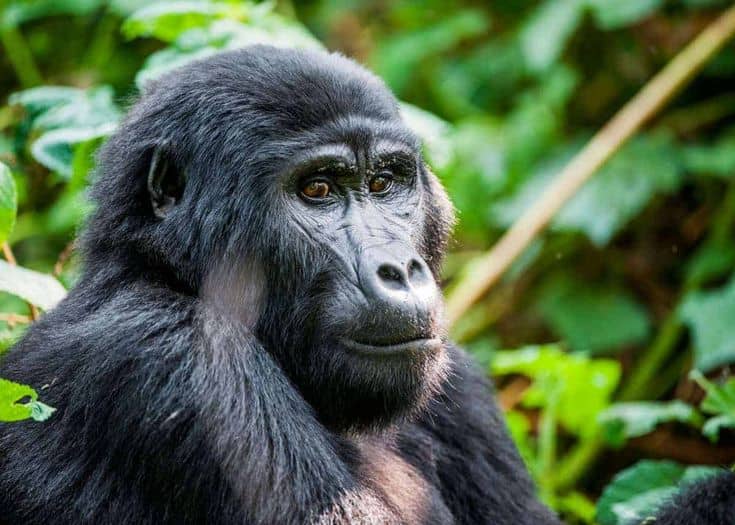
Preparing for a once-in-a-lifetime gorilla trek requires more than just packing hiking boots and a camera. First, understanding the Health Requirements for Gorilla Trekking Safaris is absolutely essential.
Why Health Requirements for Gorilla Trekking Safaris Matter So Much
Mountain gorillas share about 98% of our DNA, making them highly susceptible to human diseases. A simple cold could devastate an entire gorilla family. That’s why Health Requirements for Gorilla Trekking Safaris are strictly enforced in Uganda’s Bwindi Impenetrable National Park and Mgahinga Gorilla National Park.
Here’s what every responsible traveler needs to know:
Mandatory vaccinations required for entry
Fitness levels needed for high-altitude trekking
Illness protocols (what happens if you’re sick?)
COVID-19 precautions still in place
Essential medications to pack
Let’s break down each health consideration to ensure you’re fully prepared.
1. Vaccination Requirements for Gorilla Trekking
Essential Vaccines:
-
Yellow Fever (Required for all travelers entering Uganda)
-
COVID-19 (Recommended, though not currently mandatory)
-
Hepatitis A & B (Highly recommended)
-
Typhoid (Recommended for all travelers)
-
Rabies (For those spending extended time in rural areas)
-
Polio (Single booster if previously vaccinated)
Proof Required: You must present your Yellow Fever vaccination certificate at Entebbe Airport.
Malaria Considerations: While no vaccine exists, antimalarials are strongly recommended. Bwindi is in a high-risk zone.
2. Respiratory Illness Protocols
“Perhaps the most critical of all Health Requirements for Gorilla Trekking Safaris involves respiratory illnesses. First and foremost, anyone with cold, flu, or COVID symptoms will be denied trekking to protect the gorillas. Additionally, masks may be required when near gorillas (typically provided by guides). Most importantly, the 7-meter distance rule is strictly enforced at all times. In case of illness, notify your guide immediately, as most reputable tour operators will follow specific protocols.”
-
Anyone with cold, flu, or COVID symptoms will be denied trekking
-
Masks may be required when near gorillas (provided by guides)
-
7-meter distance rule strictly enforced
What If You Get Sick?
Notify your guide immediately. Most reputable tour operators will:
-
Arrange a doctor’s visit
-
Help reschedule your trek (if possible)
-
Provide partial refunds depending on policies
3. Fitness Requirements and Altitude Considerations
“Gorilla trekking is physically demanding. However, while there’s no official fitness test, you should be able to hike 2-8 hours over uneven terrain. Moreover, you’ll need to handle altitudes of 1,500-2,600 meters and manage steep, muddy slopes – especially during rainy seasons. To prepare properly, start cardio exercises 2-3 months pre-trip and practice hiking with elevation gain. Furthermore, be sure to break in sturdy hiking boots beforehand to avoid blisters.”
Pre-Trek Training Tips:
-
Start cardio exercises 2-3 months pre-trip
-
Practice hiking with elevation gain
-
Break in sturdy hiking boots beforehand
Altitude Sickness Warning: Symptoms like headaches or nausea are rare but possible. Stay hydrated and ascend slowly.
4. What to Pack in Your Medical Kit
Beyond standard travel medications, include:
-
Hand sanitizer (60%+ alcohol content)
-
Reusable face masks (N95/KN95 recommended)
-
Bandages/blister treatment (for long hikes)
-
Antidiarrheal medication
-
Antihistamines (for allergies)
-
Water purification tablets
Prohibited Items:
Avoid strong perfumes or insect repellents that might disturb gorillas.
5. Special Health Considerations
For Older Travelers:
-
Consult your doctor about strenuous activity
-
Consider hiring a porter (available at trailheads)
For Children:
-
Minimum age is 15 in Uganda
-
Extra precautions for hygiene
For Pregnant Travelers:
-
Not recommended due to trek difficulty
-
Malaria risk considerations
COVID-19 Policies Update (2024)
While most restrictions have eased:
-
Some lodges still take temperatures
-
Handwashing stations are ubiquitous
-
Testing may be required if showing symptoms
Final Checklist: Health Requirements for Gorilla Trekking Safaris
-
Yellow Fever vaccination certificate
-
COVID-19 vaccination (recommended)
-
Malaria prophylaxis
-
Basic fitness preparation
-
Packed medical kit
-
Travel insurance covering evacuation
By meeting all Health Requirements for Gorilla Trekking Safaris, you ensure:
-
Your personal safety
-
Protection of endangered gorillas
-
A smooth, unforgettable experience
Ready to trek responsibly? Double-check your preparations and get ready for the adventure of a lifetime!
